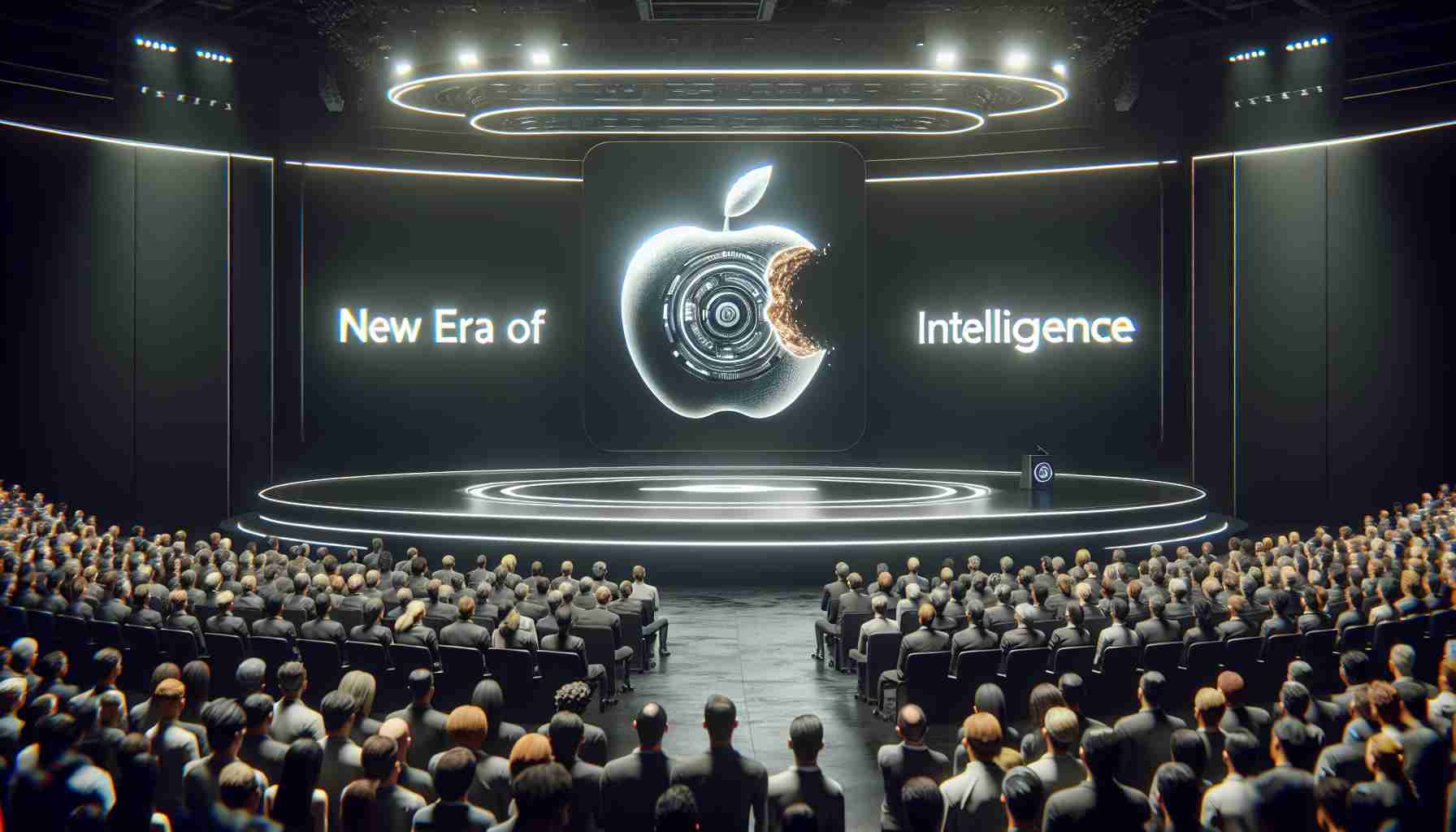On June 11th, early hours of the morning, the much-anticipated Global Developers Conference (WWDC 2024) was hosted by Apple, where the tech giant introduced major updates to its system products including iOS 18, iPadOS 18, and macOS Sequoia. While no hardware announcements were made, a significant development occurred as Apple unveiled their entry into the AI sphere, officially branded “Apple Intelligence.”
Creative Beginnings in WWDC’s Recent History
WWDC’s transition to a prerecorded format post-pandemic has allowed for a more fitting presentation, especially with the expansion from solely iOS and macOS to include a plethora of other operating systems. Despite the “watching a recording” setup at Apple Park, executives, including CEO Tim Cook, were in attendance.
High-Flying Executives and Explosive System Reveals
Apple’s leadership, including software chief Craig Federighi, made a gripping entrance by skydiving into the WWDC venue, each unveiling an operating system upon landing. Phil Schiller, now an Apple Fellow, stood out as a veteran pilot guiding the exhibition.
visionOS Makes Its Mark
The highlight was the release date of Vision Pro in China powered by visionOS 2. Notable updates brought about an upgrade in photography by turning 2D images into 3D, and the visionOS 2 Mac virtual display significantly broadened digital workspace. Plus, the convenience of new gestures and a travel mode for series binging on a big screen emphasized user comfort and capabilities.
Privacy at Apple’s Heart in iOS 18
iOS 18 brings subtle yet significant changes with an emphasis on customization and privacy. Variety in icon colors, a refined control center, and the ability to lock apps or screen them from view underscore the updates. For iOS, protecting user information is paramount, with focused access permissions for sensitive apps and contact details.
macOS Sequoia: Seamless Multi-Device Integration
Illustrating continued inspiration from California landmarks, macOS Sequoia introduces a synchronization akin to the iPhone mirroring feature, allowing for a seamless multi-device management experience and enhanced privacy. The system’s proficiency in resizing windows to optimize display and integrating iPhone notifications into the Mac further highlights Apple’s ecosystem synergy.
Empowering Users with a Personalized, Safe, and Integrated AI: Apple Intelligence</illed
Apple Intelligence represents the culmination of the event, merging the power of traditional AI models with unparalleled personalization and privacy. It seamlessly integrates with iOS 18, iPadOS 18, and macOS Sequoia, capable of rewriting or summarizing text across various applications, fine-tuning tone based on context, and streamlining daily tasks with an understanding of user intent.
Apple’s new AI isn’t just about impressing but providing practical, targeted solutions that respect the user’s privacy and needs, set within a self-contained ecosystem of hardware and software synergy.
In sum, the WWDC 2024 was an understated yet substantial milestone for Apple, depicting a new chapter in innovation with a strong emphasis on an AI that not only understands but anticipates and solves for the user’s needs, all within the paradigm of privacy that Apple so highly values.
Key Questions and Answers:
1. What is “Apple Intelligence”?
Apple Intelligence is the brand name for Apple’s suite of AI technologies introduced at WWDC 2024. It’s designed to provide personalized solutions while maintaining user privacy, offering features like text rewriting and summarization, contextual tone adjustment, and streamlining daily tasks by understanding user intent.
2. How does Apple Intelligence integrate with Apple’s operating systems?
It deeply integrates with iOS 18, iPadOS 18, and macOS Sequia, ensuring a cohesive experience across Apple’s ecosystem that enhances user productivity and interaction with devices.
3. What makes Apple Intelligence stand out in the AI sphere?
Apple is emphasizing the personalization and privacy aspects of its AI technology. Unlike many other AI developments where data privacy can be a concern, Apple assures users that their AI solutions will not compromise user privacy.
Key Challenges or Controversies Associated with Apple Intelligence:
– Data Privacy: Ensuring that the AI operates effectively while adhering to Apple’s rigorous privacy standards remains a critical challenge.
– AI Ethics: The development and implementation of AI must consider ethical implications, such as bias prevention and transparent AI decision-making processes.
– Competition: Apple will face competition from other tech giants like Google and Microsoft, which have established presence in AI and offer their own integrated AI experiences.
Advantages:
– Enhanced Personalization: Offers features that tailor technology more closely to individual user preferences and behaviors.
– Productivity Gains: Streamlines routine tasks, potentially saving users time and effort.
– Ecosystem Synergy: Creates seamless integration within Apple’s product range, leading to a more intuitive user experience.
Disadvantages:
– Platform Dependence: Apple Intelligence enhances the Apple ecosystem, which could further lock users into using exclusively Apple products and services.
– Accessibility: The most advanced features of Apple Intelligence may only be available to those with the latest hardware or operating systems, possibly alienating customers with older devices.
– Cost: Integration of advanced AI technology may increase the price of Apple products, which are already at a premium compared to some competitors.
If you’re interested in learning more about Apple and its offerings, you can visit their main website Apple.
In summary, Apple Intelligence represents a strategic move by the company to stay ahead in the technology race by offering advanced AI capabilities with a keen focus on maintaining user privacy and strengthening the seamless operation within its ecosystem.
